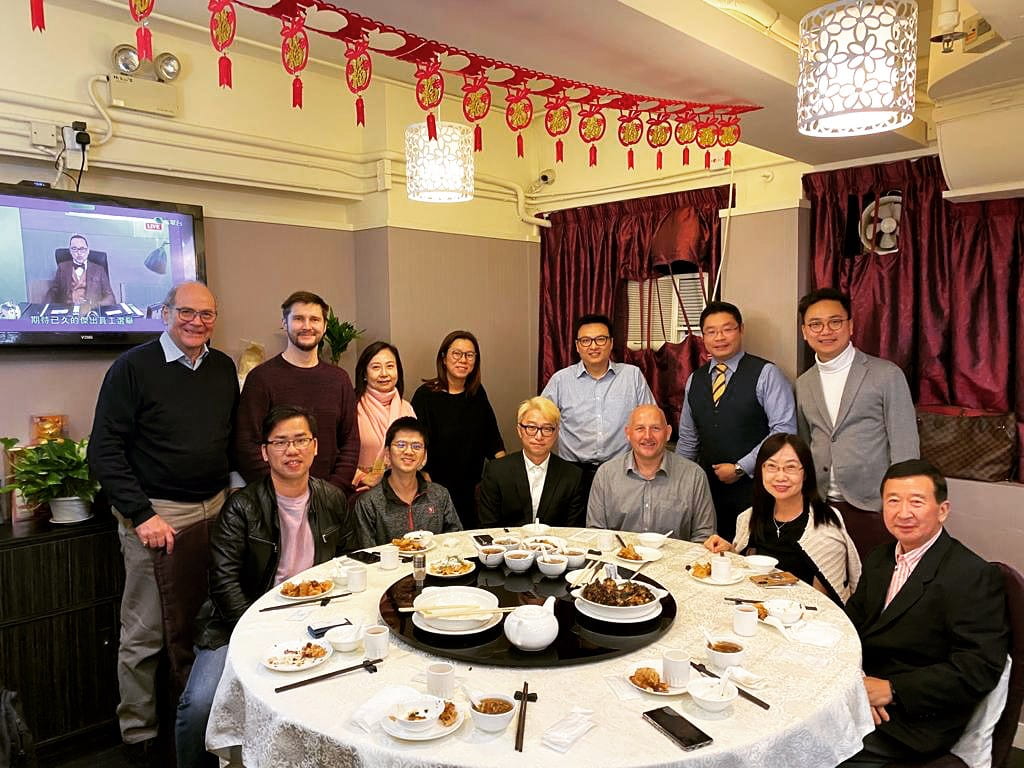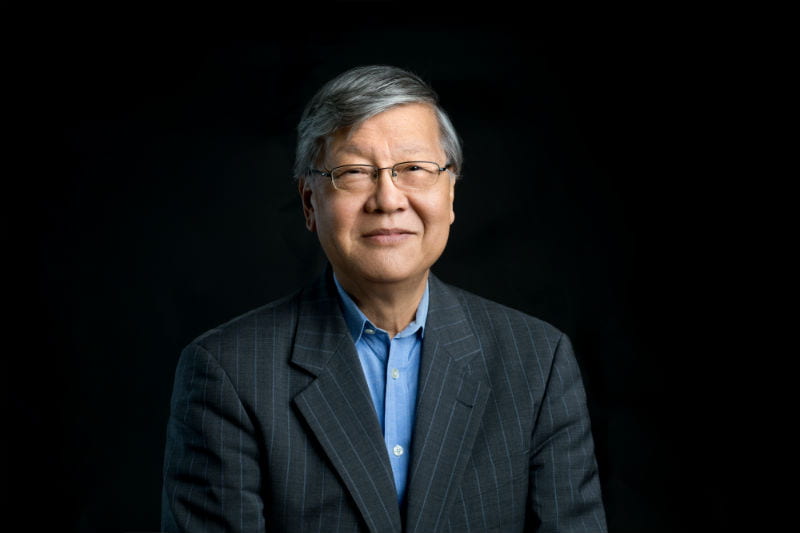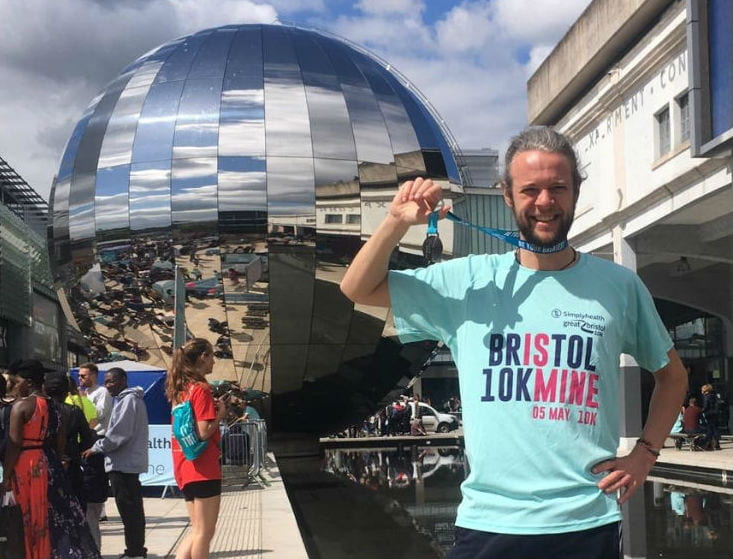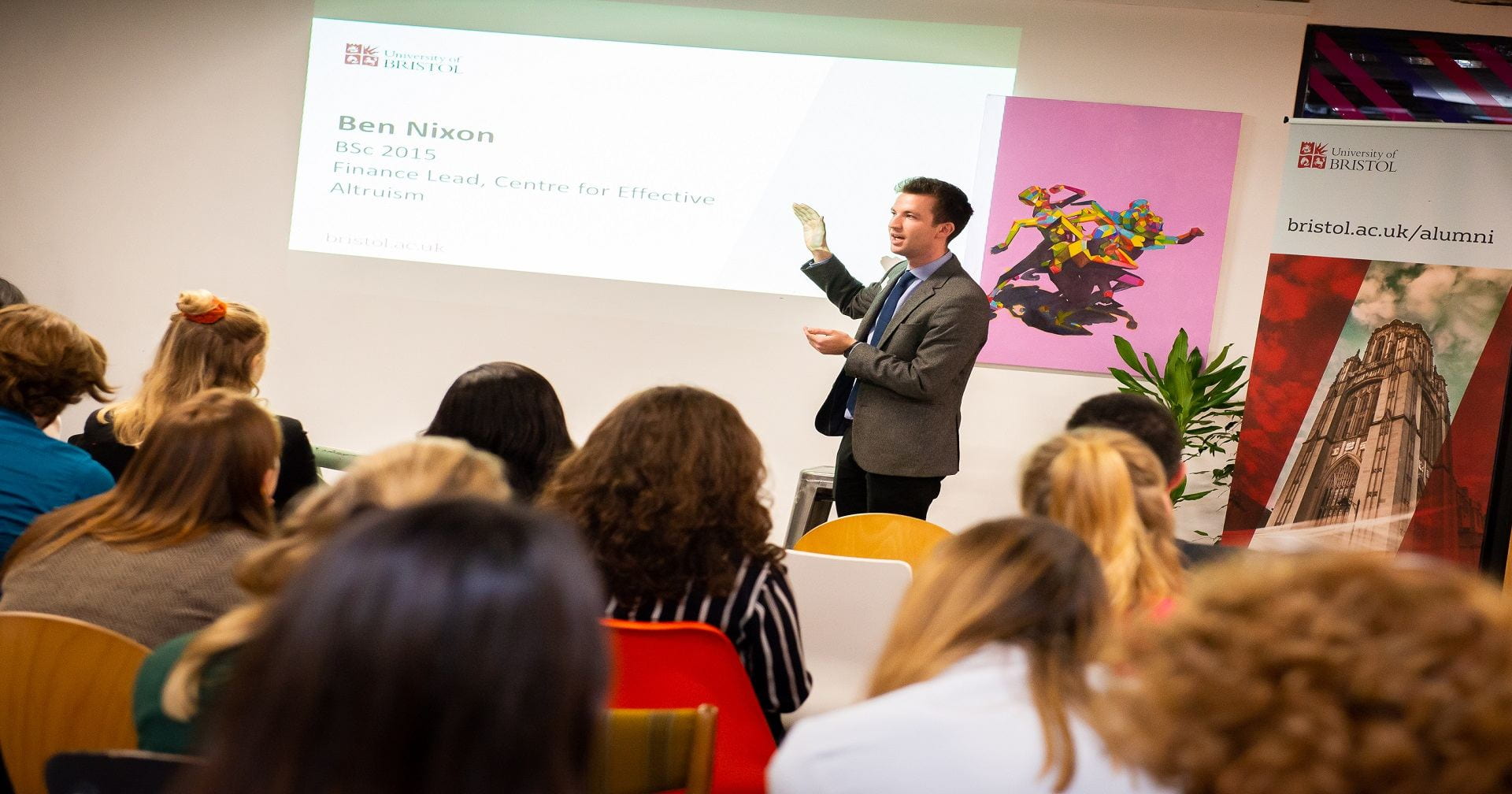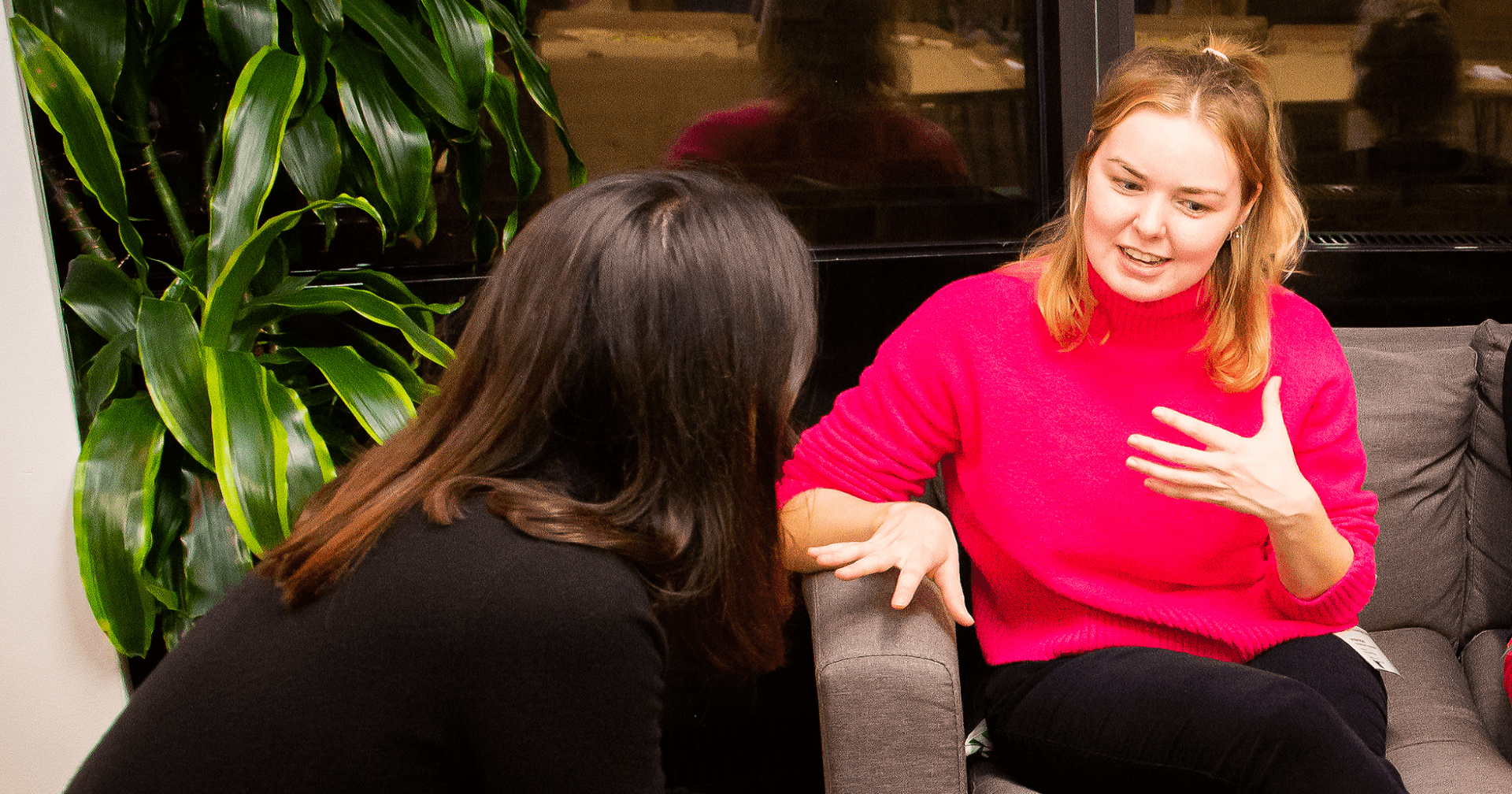Today is International Women and Girls in Science day and we’re celebrating the work of one of our cardiovascular researchers, 21-year-old Ffion Jones from Swansea, who is studying on the University’s British Heart Foundation PhD programme.
During her time at Bristol, Ffion has worked on several outreach projects and even won the Biochemistry Good Citizen award in 2019. We caught up with her to talk about her research and why she’s proud to be a woman in science.
Throughout my life I’ve seen the impact that cardiovascular diseases have had on my friends and family, so when we learnt about hearts at school the subject really resonated with me. After studying physiology in my second year I was even more drawn towards choosing cardiovascular science for my postgraduate study.
Currently, I’m on the first year of my PhD and am working as part of a team conducting research into atherosclerosis. Atherosclerosis is a chronic inflammatory condition involving the build-up and retention of lipid. In this condition, fatty deposits in the arteries form a plaque, causing them to harden and narrow.
Everyone has some buildup of lipid in their arteries, but this can become unstable as a result of immune activation – when white blood cells called macrophages infiltrate into the atheroma (or plaque). This process can cause the plaque to rupture, which can lead to blood clots forming. These blood clots can restrict blood flow and cause serious, or even fatal, cardiac events. Currently, there’s no way to detect when the plaque has become unstable, which is problematic as people often only find out after they’ve had a heart attack or a stroke.
We are investigating whether small molecules, called micro-RNAs, could be used as biomarkers to indicate the kind of atherosclerotic lesion you have in your body. This would hopefully allow us to identify patients who may be at risk before they experience a cardiac event. By identifying which micro-RNAs are associated with stable plaques, it is possible that scientists in the future might even be able to use them to create new treatments for people living with heart disease.
The thing that drew me to this PhD is that even though you may be focusing on an incredibly specific area, you’re always referring to how your work could be used in a clinical setting.
It can be frustrating when your research doesn’t provide you with the results you’d hoped for, or the answers are harder to find than you’d expected. But at the end of your day, you remember that your work might go on to help someone else in the future, and that’s what keeps you going. It would be amazing if the work we’re doing now could contribute to further discoveries in years to come.
British Heart Foundation PhD studentships like mine are fully funded places, so they help to open up the course to a wider variety of students. Having people from all walks of life taking part in scientific research is invaluable, which is why I’ve always tried to get involved in outreach projects in Bristol. On one of my favourite projects I got to teach primary school children about the science behind DNA. There’s nothing like watching children have that ‘eureka’ moment when they suddenly learnt something new!
I’m passionate about making science more accessible. I was lucky enough to have some brilliant teachers at my school who encouraged me to push for a career in science. But not everyone has a science teacher or role model that they can look up to. That’s why it’s so important that there are fantastic initiatives like Stemettes, and the WISE campaign which are dedicated to getting more women and girls into STEM subjects.
Something I love about studying at Bristol is that I get to work alongside inspiring female colleagues and supervisors every day.
At the Bristol Heart Institute (BHI) for example, for every male supervisor overseeing a mini project there’s an equivalent female supervisor. It’s great to know that I work in a department that is so committed to achieving equal representation.
When I’m not running experiments, I’m either doing yoga, playing the violin or dancing. I’ve done ballet since I was two and a half years old and I’d never be able to give it up now – I’d miss it too much! I feel like sometimes people have a pre-conceived idea of the type of person you need to be if you want to work in research, but there’s no such thing as a typical scientist. It should be a career that’s open to absolutely everyone.
The British Heart Foundation has funded PhD studentships in Bristol since 2016, when they generously pledged £2.4 million to create 16 PhD places at the University. The programme also benefits from gifts from our incredible alumni and friend community. To find out more about how you can support the programme contact the Development and Alumni Relations team at alumni@bristol.ac.uk





